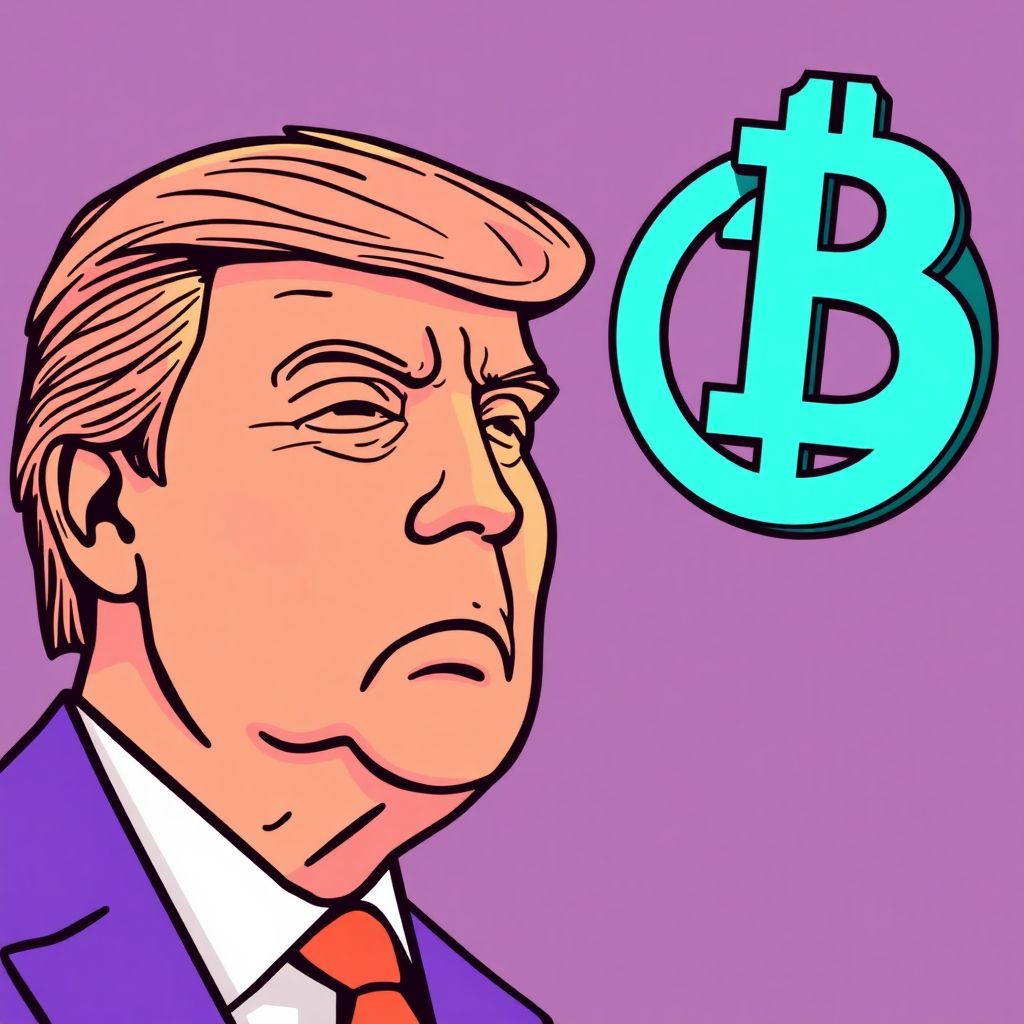Trump Family Crypto Profits Surpass $1 Billion, UK Intensifies Enforcement, OpenSea Confirms Token Launch
In a week packed with major developments in the crypto world, the Trump family recorded over $1 billion in profits from digital assets, the UK government escalated its crackdown on crypto investors, and OpenSea officially announced the upcoming launch of its native token. These stories, among others, mark a significant shift in both regulatory and market dynamics across the globe.
The British tax authority has significantly ramped up its scrutiny of cryptocurrency users, reaching out to approximately 65,000 investors suspected of underreporting or evading taxes on crypto holdings. This large-scale enforcement effort signals a serious move by the UK government to close tax loopholes and enforce compliance in the fast-evolving digital asset sector.
On the other side of the Atlantic, the Trump family’s foray into the crypto space has proven to be remarkably profitable. Recent financial disclosures and market estimates indicate that their investments in various cryptocurrencies and blockchain-related ventures have collectively generated over $1 billion in gains. With Donald Trump increasingly vocal in support of digital assets, speculation is rising that crypto could feature prominently in his potential 2024 campaign messaging.
Meanwhile, OpenSea—the largest NFT marketplace to date—has unveiled plans to launch its own token in the first quarter of 2026. Although details remain limited, the announcement has already sparked considerable excitement in the Web3 community, with many anticipating that the token could play a central role in governance, rewards, and platform utility.
In other industry moves, popular YouTuber MrBeast has filed trademark applications signaling an entry into the cryptocurrency services space. While specifics are still under wraps, the move suggests an intent to leverage his massive audience to launch blockchain-based products or services.
In Switzerland, regulators are investigating FIFA’s use of blockchain platforms, raising questions about transparency and compliance in tokenized sports engagements. This scrutiny adds to a growing list of international probes into how traditional institutions are navigating the digital asset transition.
South Korean authorities have approved Binance’s acquisition of GOPAX, a local crypto exchange. This move strengthens Binance’s presence in Asia and could spark further consolidation in regional markets.
Ripple continues expanding its fintech footprint with the acquisition of a treasury management firm, signaling its ambitions to integrate digital assets more deeply into corporate finance infrastructure.
Chainlink has deployed a real-time oracle on MegaETH, providing decentralized data feeds for developers building on this Ethereum-compatible network. The integration is expected to enhance smart contract reliability and data accuracy.
In the U.S., crypto exchange Kraken acquired a derivatives trading platform, positioning itself to offer a broader suite of financial instruments to institutional and retail clients alike. This follows a similar trend among major exchanges seeking to diversify their offerings amid shifting regulatory landscapes.
Australia is reportedly considering new restrictions on crypto ATMs due to concerns over money laundering and fraud. While not finalized, the proposed limitations could impact user access and slow the country’s growing adoption of digital currencies.
Paxos addressed a significant technical mishap involving a large-scale minting error. The issue, which temporarily unsettled the stablecoin market, has since been resolved without lasting damage to user funds or ecosystem stability.
Japan is preparing to implement new insider trading regulations specific to cryptocurrency markets. The proposed rules aim to curb unfair advantages and bring digital asset trading in line with traditional financial market standards.
In the United States, New York State has launched a dedicated digital assets office to monitor and regulate the crypto industry more effectively. The initiative is part of broader efforts to create a structured and transparent framework for digital financial products.
Tether, one of the largest stablecoin issuers, has reached a settlement in the Celsius bankruptcy case. The agreement helps resolve creditor claims and underscores the complex legal challenges facing centralized crypto platforms during insolvency proceedings.
Monad, a rising player in blockchain infrastructure, has introduced a tool that allows users to check their token allocations in upcoming airdrops and governance distributions. The feature is expected to boost transparency and user engagement.
Despite market volatility, many institutional strategies continue to emphasize Bitcoin accumulation. Analysts suggest that long-term holders remain optimistic about the asset’s potential as a hedge against inflation and a store of value.
Looking ahead, the global crypto community remains focused on several key themes: the regulatory tightening in major jurisdictions, the growing fusion of traditional finance with blockchain, and the expanding utility of decentralized platforms.
In the U.S., renewed interest in allowing retirement savings to be invested in crypto assets could pave the way for mass-market adoption. Proposals under discussion aim to include Bitcoin and other digital assets in 401(k) plans, pending regulatory clarity.
Additionally, a deeper understanding of automated de-leveraging (ADL) mechanisms has emerged following recent market corrections. ADL, a risk-management tool used by exchanges during extreme volatility, has been linked to rapid liquidation events but also helps stabilize prices under pressure.
Meanwhile, speculation continues about the U.S. government’s reported holdings of over 300,000 bitcoins, seized from criminal investigations and now held in reserve. Analysts debate whether these assets will be sold, held, or used strategically in future economic policies.
Crypto prices have shown mixed signals, with Ethereum maintaining a bullish trend due to large-scale purchases by institutional players like BitMine, while Bitcoin remains volatile around the $107,000 mark amid geopolitical tensions, including the anticipated meeting between Trump and Xi Jinping.
Overall, the global crypto market is at a pivotal moment. As regulations tighten and institutional adoption rises, the balance between innovation and oversight will shape the next chapter of digital finance.

